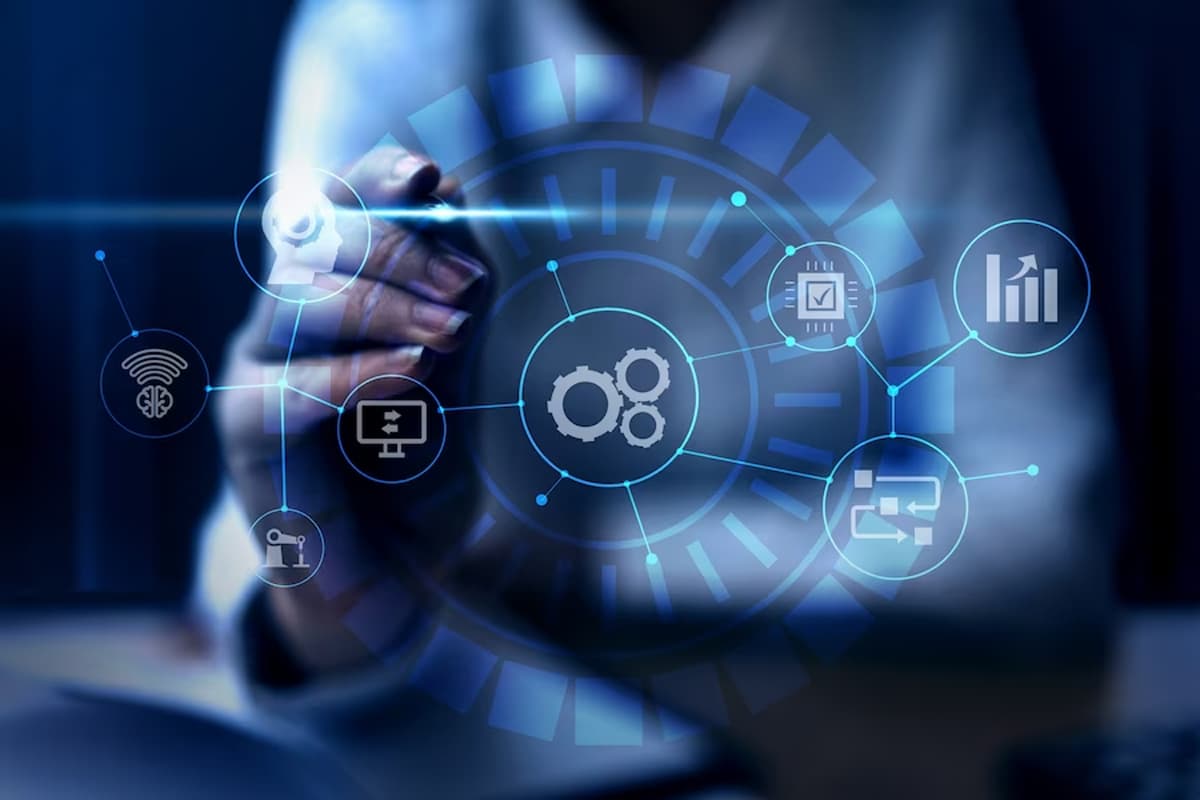
This article first appeared in Digital Edge, The Edge Malaysia Weekly on January 9, 2023 - January 15, 2023
The rapid digitalisation of Asia-Pacific, fuelled by the Covid-19 pandemic and stifling competition, has forced organisations to adopt artificial intelligence (AI) solutions in the hope of improving the efficiency of their service delivery. Most IT service desks have switched to technologies such as chatbots and automated voice responses to serve customers more quickly.
However, with the rise in the number of AI-operated service desks, organisations are starting to lose the human connection with their customers and are no longer able to differentiate themselves from their competitors. In its “Conversational AI improves efficiency but not CX in Asia” study, WARC concluded that after businesses in Asia-Pacific incorporated AI-based technology in customer service, they were able to resolve queries more effectively. Despite this, 80% of the firms surveyed said chatbot technology had created more negative experiences for their customers.
Man versus machine conundrum
Considering the increased demand for higher quality IT support services, personalisation by connecting customers to the right IT support teams is what sets organisations apart. The advantages of humans managing queries at IT support desks include being able to attend to enquiries on a case-by-case basis, making the experience more personalised for each customer. It is no surprise that 71% of Singaporeans prefer to return to companies for their products or services if they had created a personalised experience for each customer, according to a research study by OpenText. Customers like to feel special and do not like it when they are given automated answers by a robot.
However, a purely human-operated IT service desk could incur higher manpower costs to handle large volumes of queries or calls, and service delivery would be less efficient.
AI: a means to an end
AI refers to the technology that enables the automation of tasks previously performed by humans. Inputs pass through an AI system such as a query sent to a chatbot. Based on the input, the chatbot would return a specific programmed response. AI has been proved to be more efficient and effective as less manpower is required to keep it running, and responses are more consistent. According to research by IDC, spending on AI technology is expected to increase from US$17.6 billion (RM78 billion) in 2022 to US$32 billion in 2025 in Asia, with companies citing reasons such as improving staff efficiency and decision-making in customer services.
AI can roughly predict customer needs through keywords and generate automated answers without human intervention. Users or customers are hence forced into self-service, having to select the type of service they are looking for and hoping that the AI-programmed IT help desk would be able to produce an answer to their problems before they would need to contact the human IT call centre as a last resort.
Even though AI has been proved to solve problems efficiently and analyse big data quickly, it may not replace all human IT service vendor jobs. As AI is programmed to respond in a certain way based on a specific request, it is unable to react or adapt to unique or unprecedented requests.
Putting the two together — using AI to enhance the human connection
Incorporating AI or retaining the traditional human contact support centre has its benefits and drawbacks. But how can firms leverage the benefits of AI to stay competitive while maintaining sufficient human connection with their customers to increase customer satisfaction and retention?
The solution is to put AI and human connection together!
To provide a unique value proposition that sets it apart from its competitors, an IT service vendor may connect its customers to a human employee with the support of AI technology. The use of AI may pave the way for greater personalisation in IT support services while keeping those services efficient and low-cost. In fact, according to research from AI Rudder, businesses in Asia-Pacific are already in line to embrace AI technology: 25% more businesses were planning to invest in conversational AI technologies such as chatbots and virtual assistants in 2022.
How can businesses with third-party software benefit?
Easy-to-use features and self-service support no longer differentiate an enterprise resource planning (ERP) system from others. Most ERP systems lack the human connection in their IT support that enhances and differentiates them from other ERP providers.
Enterprises would benefit from service efficiency and satisfaction from ERP systems that provide prompt and helpful IT support so that their organisations may seek help for issues and get their software up and running quickly with no hassle. Hence, when selecting your IT service vendor, choose one that leverages opportunities to enhance human interaction using technology.
Andrew Seow is the group vice-president and regional general manager of Southeast Asia and Greater China at Rimini Street
Save by subscribing to us for your print and/or digital copy.
P/S: The Edge is also available on Apple's AppStore and Androids' Google Play.
